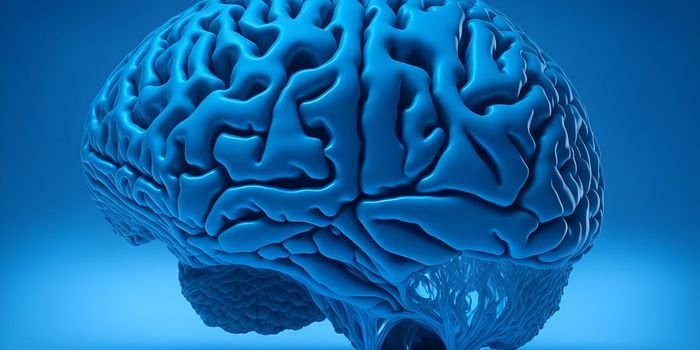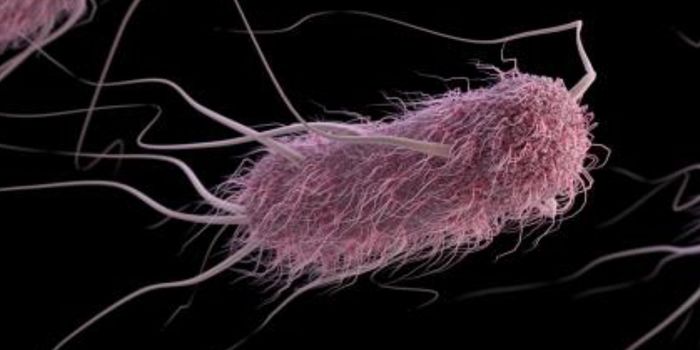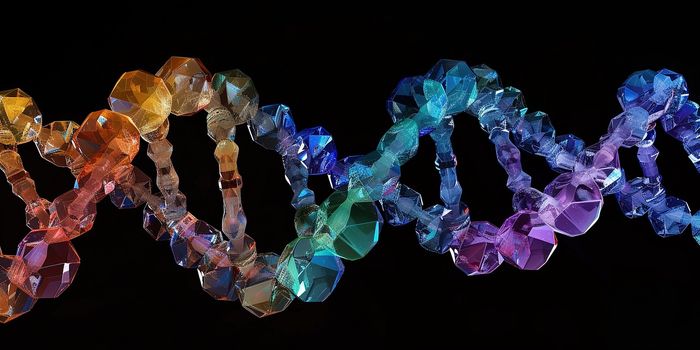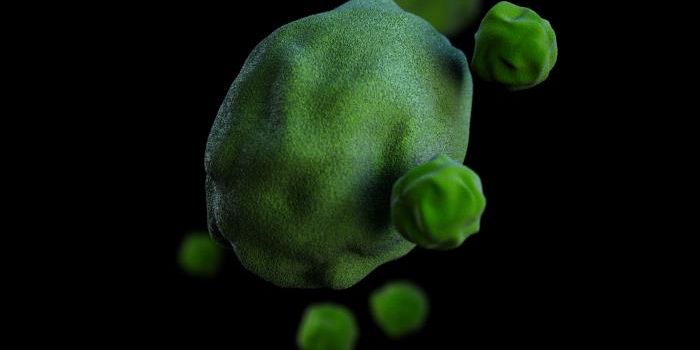An Unintended Consequence of Antidepressant Use May be Antibiotic Resistance
Antibiotic resistance is a rapidly growing threat to public health. Antibiotic resistance refers to the phenomenon where bacteria develop the ability to repel the drugs that are designed to kill them. Typically, bacterial infections can be treated with antibiotics which work to kill off susceptible bacteria, but when resistant bacteria are left behind they can spread throughout the body and cause untreatable infections. The Centers for Disease Control (CDC) published a list of antibiotic resistance threats in the United States, many of which can lead to life altering illnesses or death. In fact, a recent analysis published in The Lancet found that antibiotic resistant bacterial infection is directly responsible for around 1.27 million deaths, worldwide each year.
It is widely acknowledged that antibiotic resistance emerges, in part, due to the overprescription and/or overuse of antibiotics. However, a recent study, published in Proceedings of the National Academy of Sciences, identified another potential cause of antibiotic resistance: antidepressants.
The lead researcher from the study, Dr. Jianhua Guo, became interested in the role of antidepressant drugs contributing to antibiotic resistance after several previous findings from his lab. For example, in 2018, the team published a paper that showed the bacteria Escherichia coli (E. coli) developed resistance to multiple antibiotics after being exposed to the antidepressant fluoxetine. Now, in the current research, the team followed up on these findings and exposed E. coli to five commonly prescribed antidepressants and then attempted to kill the bacteria with 13 different antibiotics. They found, as Dr. Guo stated, “Even after a few days exposure [to antidepressant drugs], bacteria develop [antibiotic] resistance, not only against one but multiple antibiotics.” In other words, exposure of bacteria to antidepressant led the bacteria to develop robust antibiotic resistance.
The researchers also sought to determine some of the mechanisms by which exposure to antidepressants can induce antibiotic resistance in bacteria. They found that exposure to antidepressant drugs were associated with increases in reactive oxygen species and stress signature response in the bacteria. More importantly, antidepressants appear to activate bacteria’s efflux pump systems – which are one of the ways in which bacteria remove various, unwanted molecules from their system. Taken together it appears that antidepressants trigger an emergency response within the bacteria, which leads the bacteria to evolve to be better able to survive in harsh environments, such as when exposed to drugs that are meant to kill it.
It is important to note that the research, and this article, are not meant to discourage the use of antidepressants, but instead highlight the need for further research into the relationship between antidepressants and antibiotic resistance.
Sources: Institute for Health Metrics and Evaluation; CDC; The Lancet; Labroots; PNAS; Environmental International








